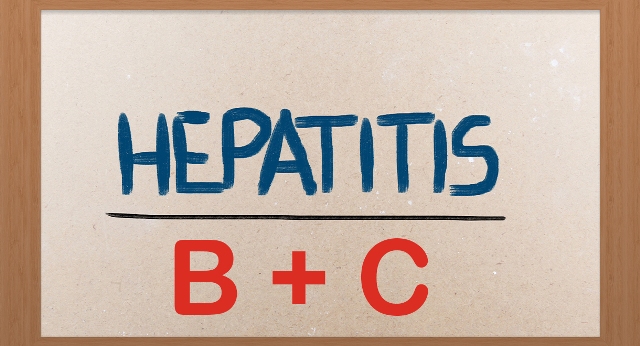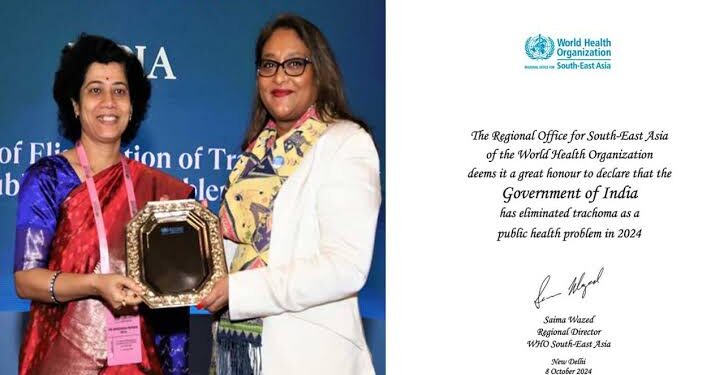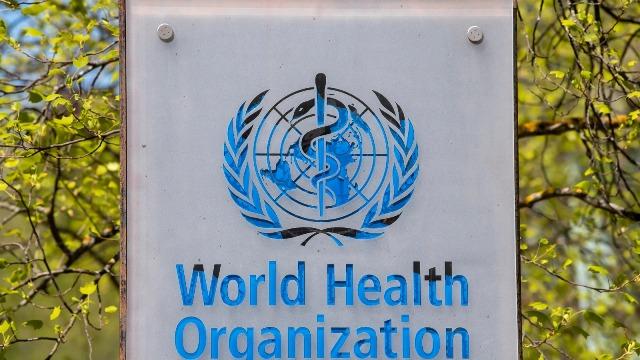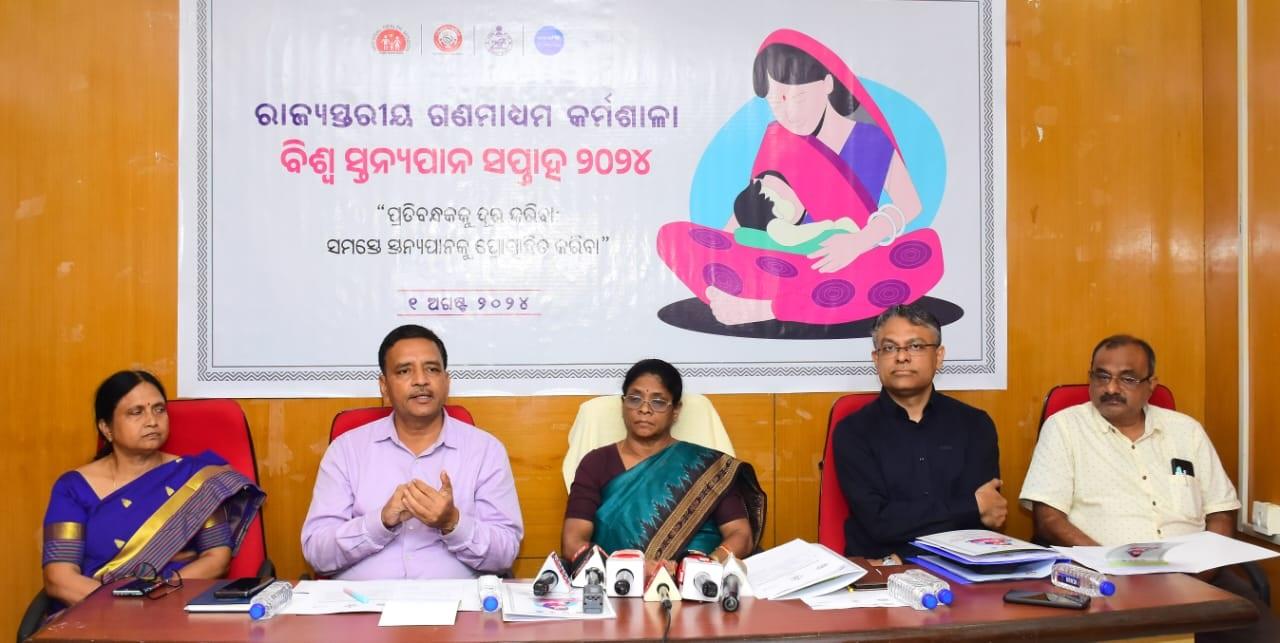India is among the top 10 countries that account for nearly two-thirds of the global burden of hepatitis B and C combined said The World Health Organization (WHO) on Tuesday releasing its 2024 Global Hepatitis report. The list also includes China, Indonesia, Nigeria, Pakistan, Ethiopia, Bangladesh, Vietnam, Philippines and the Russian Federation.
According to the report, China, India, and Indonesia represented 50% of the global burden for hepatitis B in 2022. The data, released at the World Hepatitis Summit, also showed that six countries – China, India, Indonesia, Pakistan, the Russian Federation, and the US – accounted for 50% of the global burden for hepatitis C.
The report highlighted that progress in these countries is critical to the global response to hepatitis. It also noted a troubling trend: despite global progress in preventing hepatitis infections, deaths are rising due to the lack of diagnosis and treatment. Viral hepatitis infections claim about 3500 lives each day which is about 13 lakh deaths per year, making it the second leading cause of death worldwide after tuberculosis.
In India, with 2.9 crore people living with Hepatitis B infection and 55 lakh living with Hepatitis C infection, the burden of viral hepatitis is high. Over 50,000 new Hepatitis B cases and 1.4 lakh new Hepatitis C cases were reported in 2022, leading to 1.23 lakh deaths.
Dr. SK Sarin, vice-chancellor of the Delhi-based Institute of Liver and Biliary Sciences, emphasised the need to ensure that all newborns receive complete vaccination to reduce the burden of Hepatitis B in India. He also suggested offering the vaccine to adults who were born before the vaccine was included in the national program.
Despite the availability of affordable generic viral hepatitis medicines, many countries fail to procure them at these lower prices, the report noted. It recommended expanding access to testing and diagnostics, strengthening primary care prevention efforts, and using improved data for action.


















